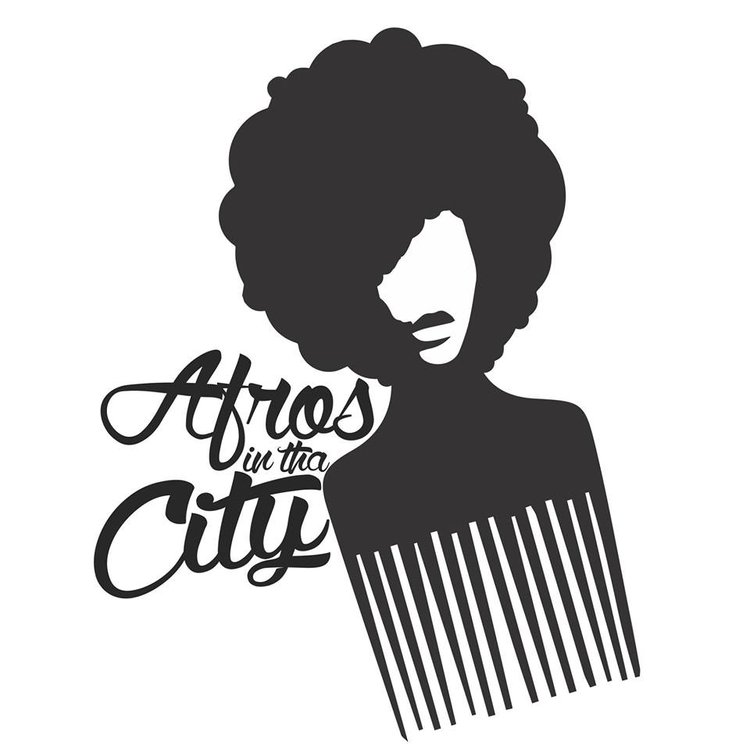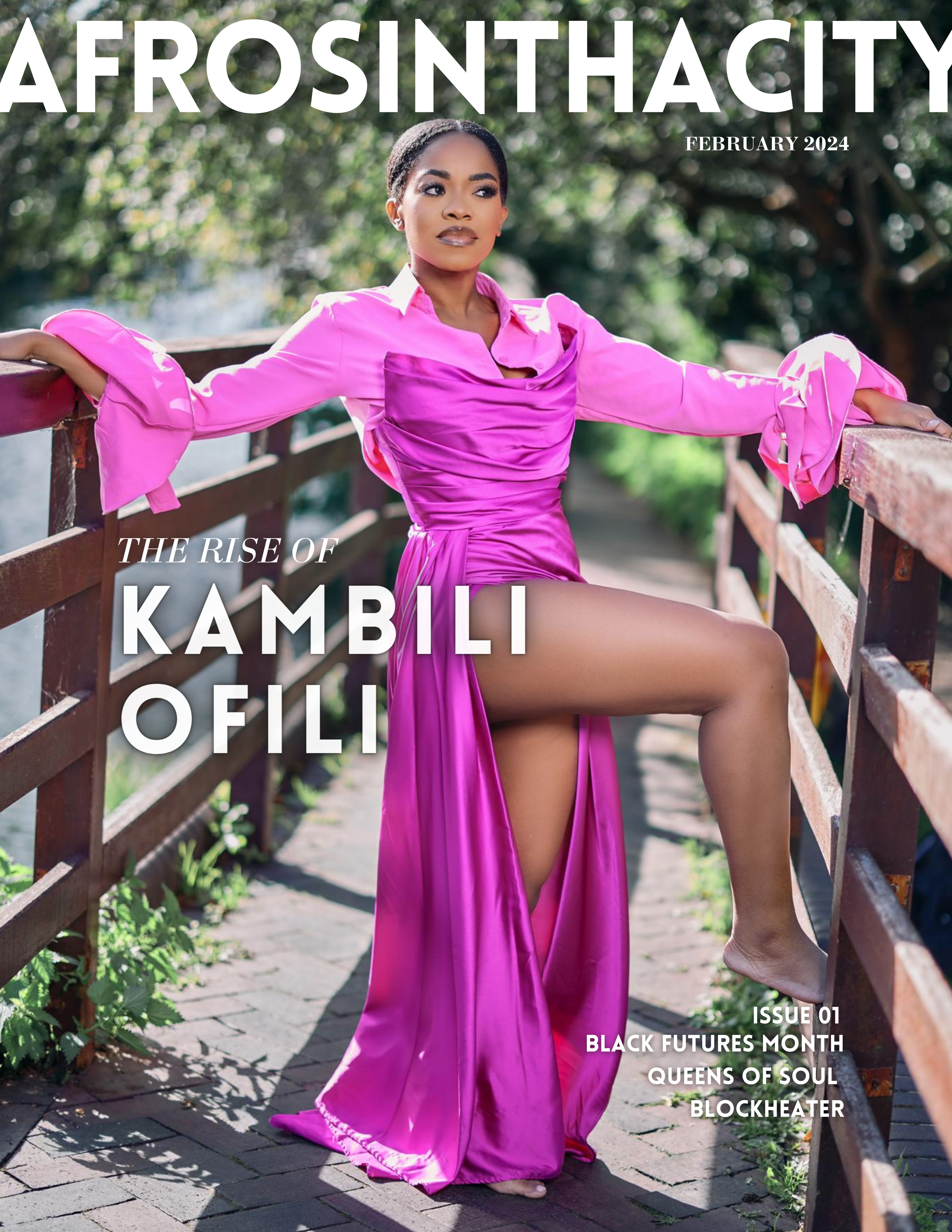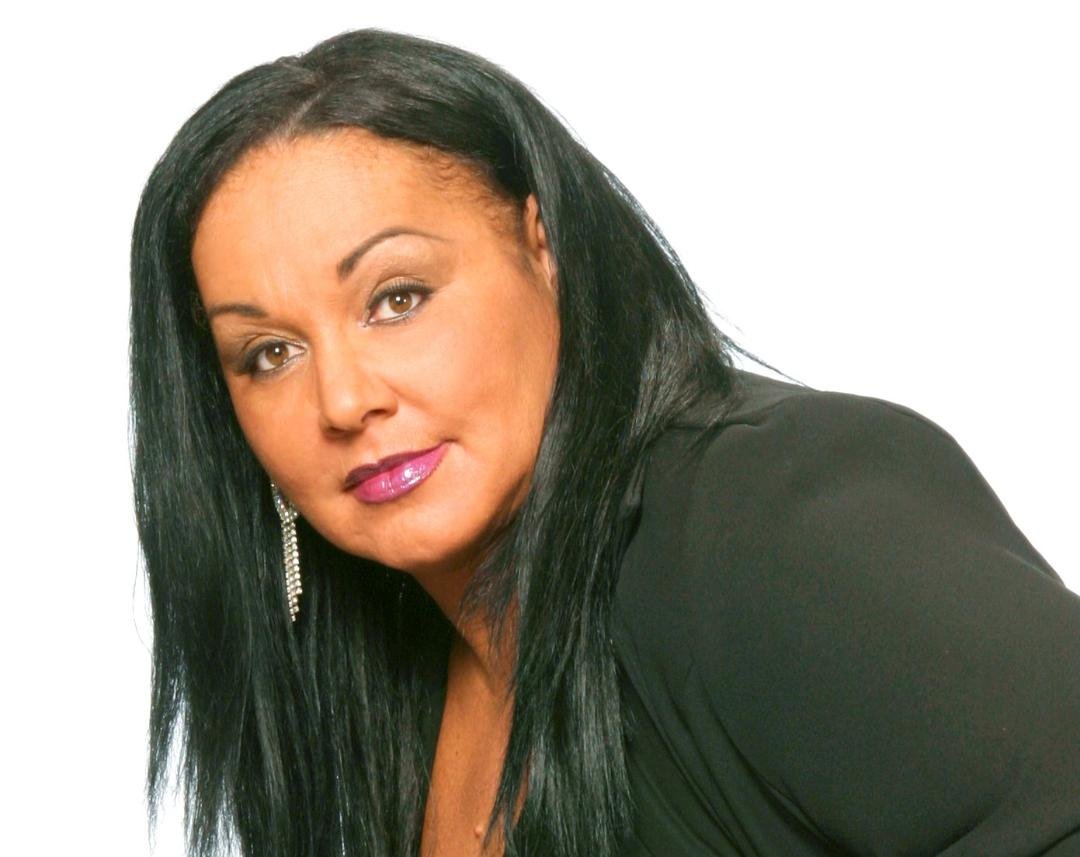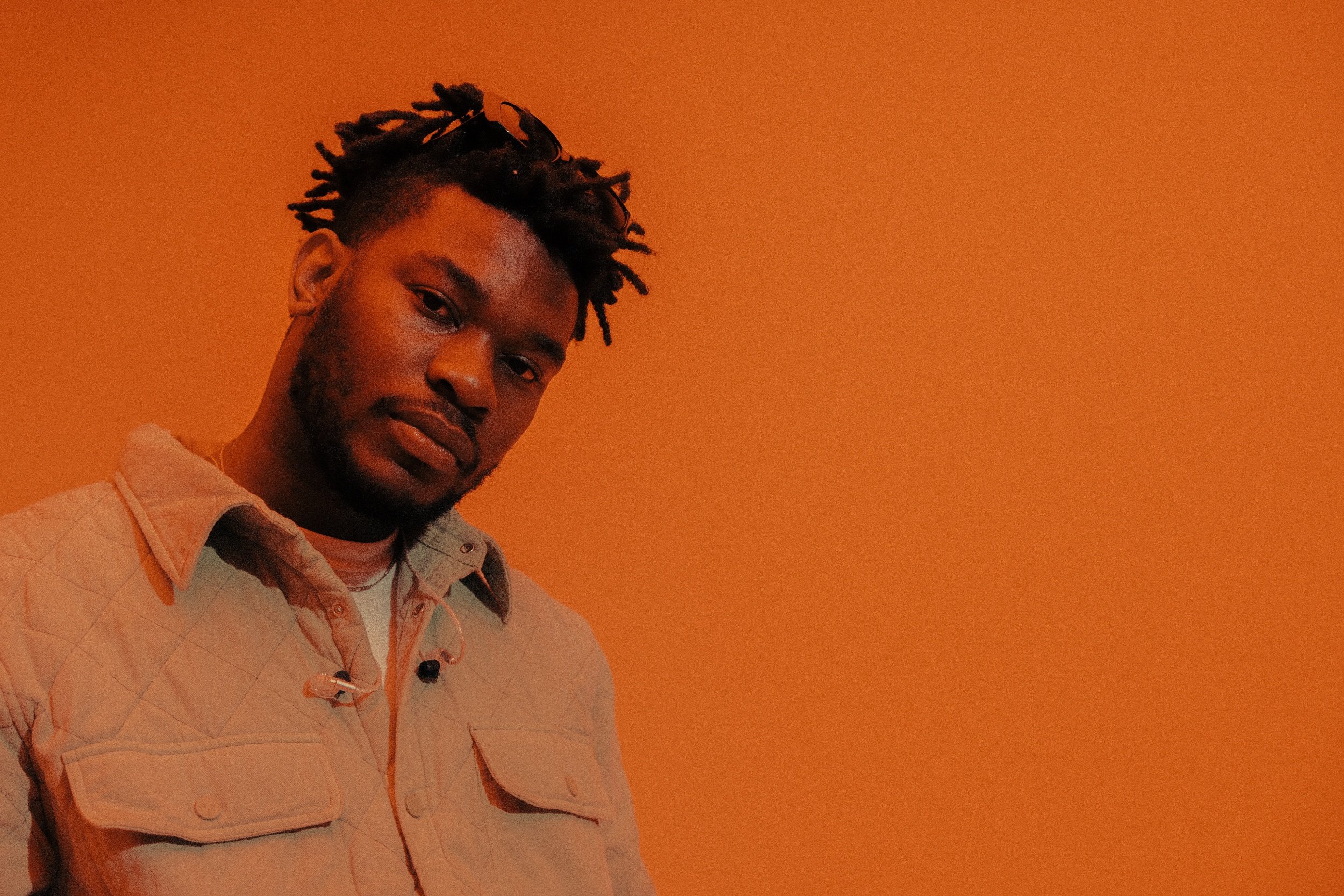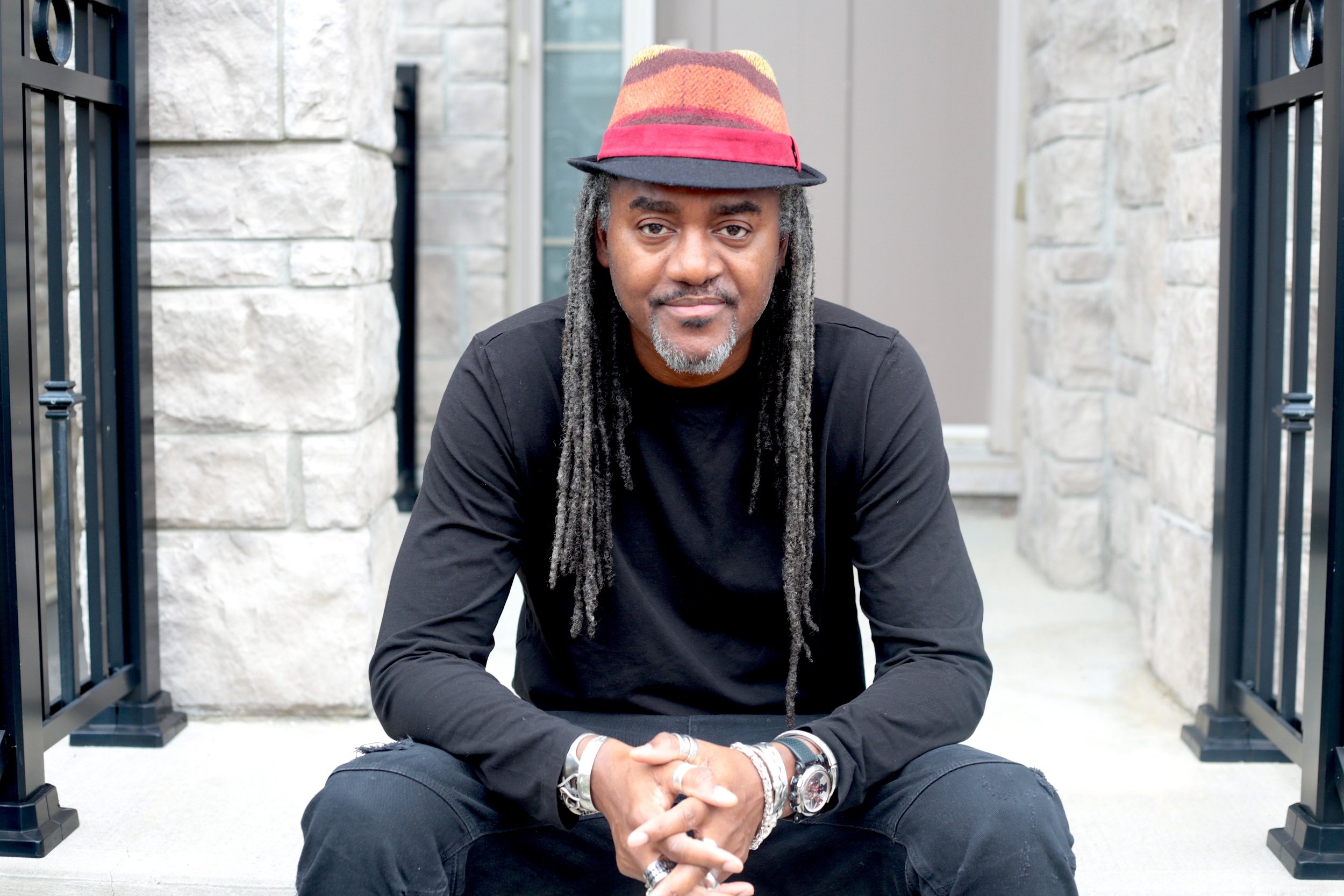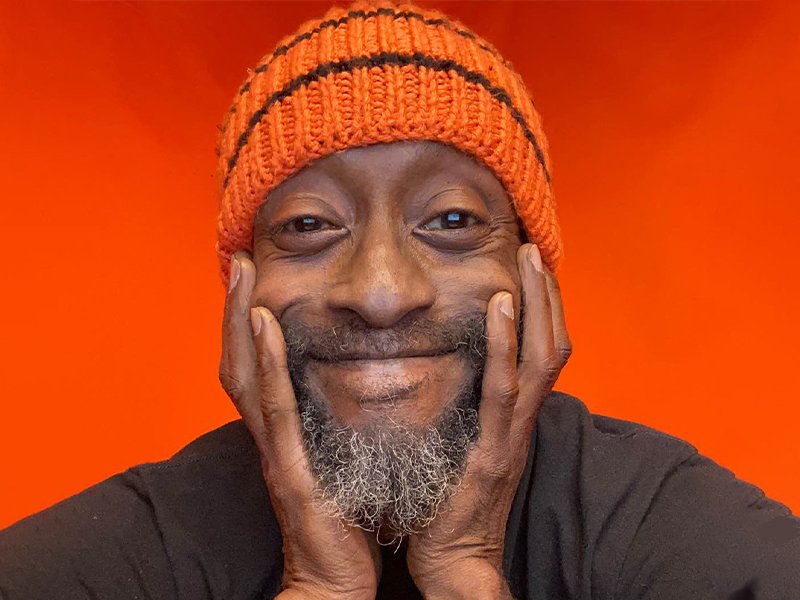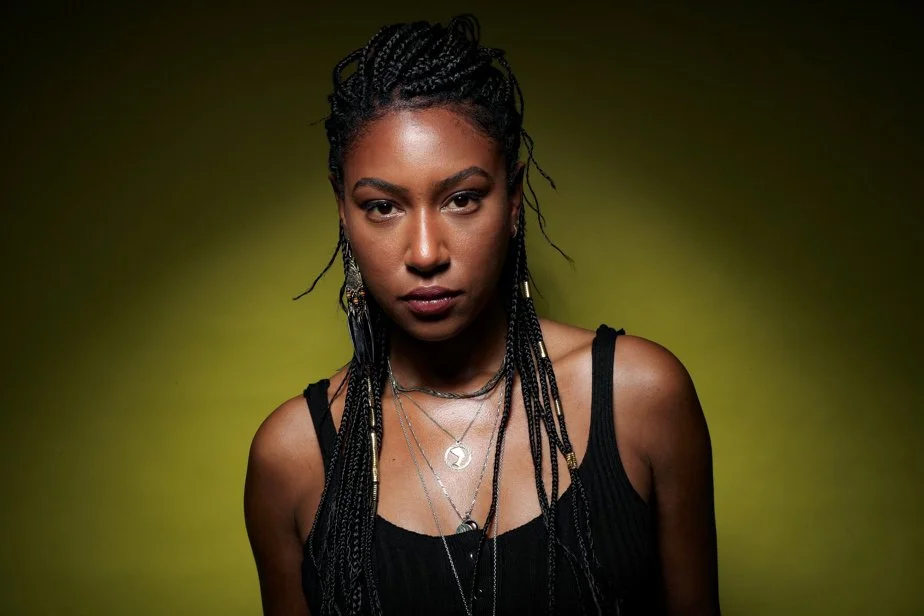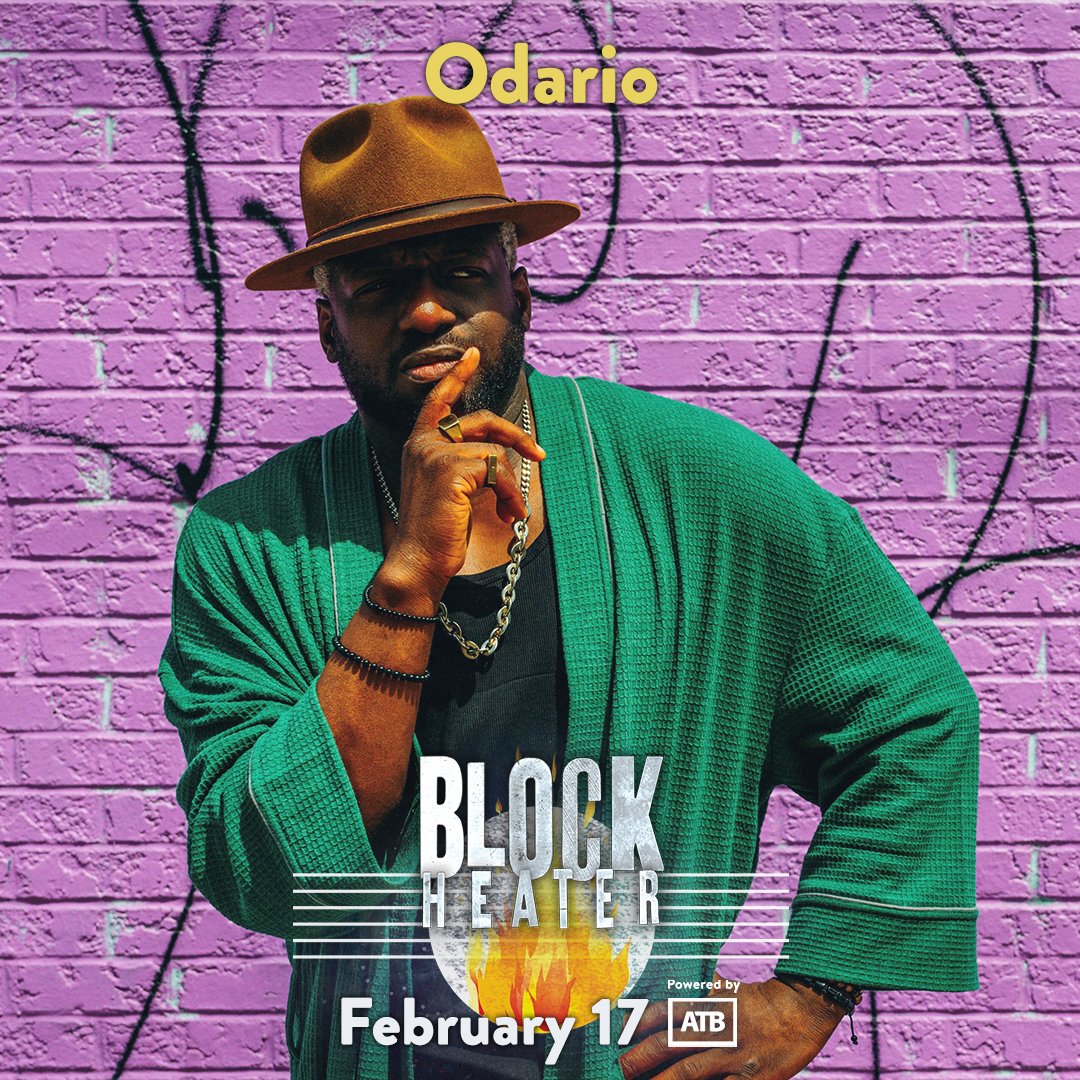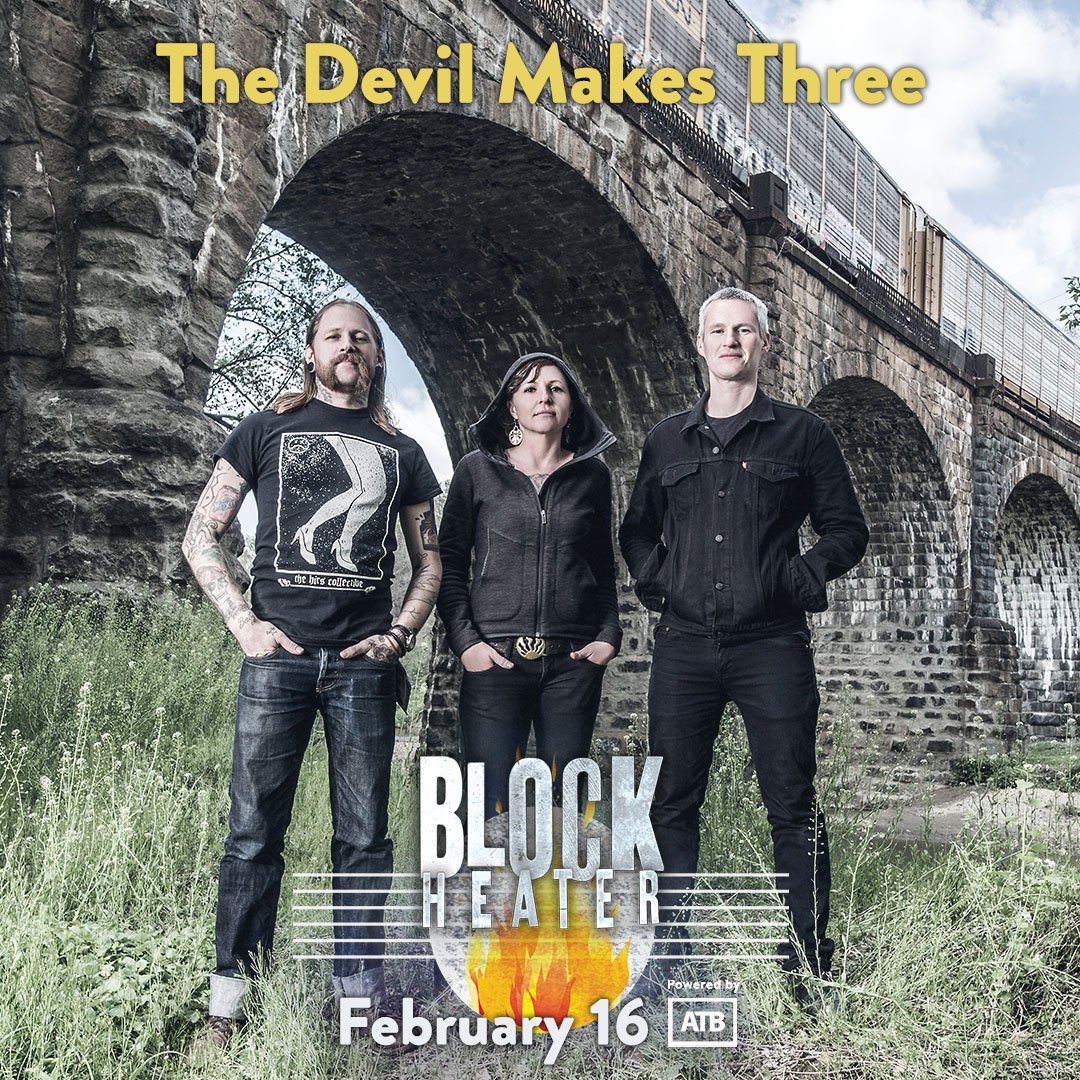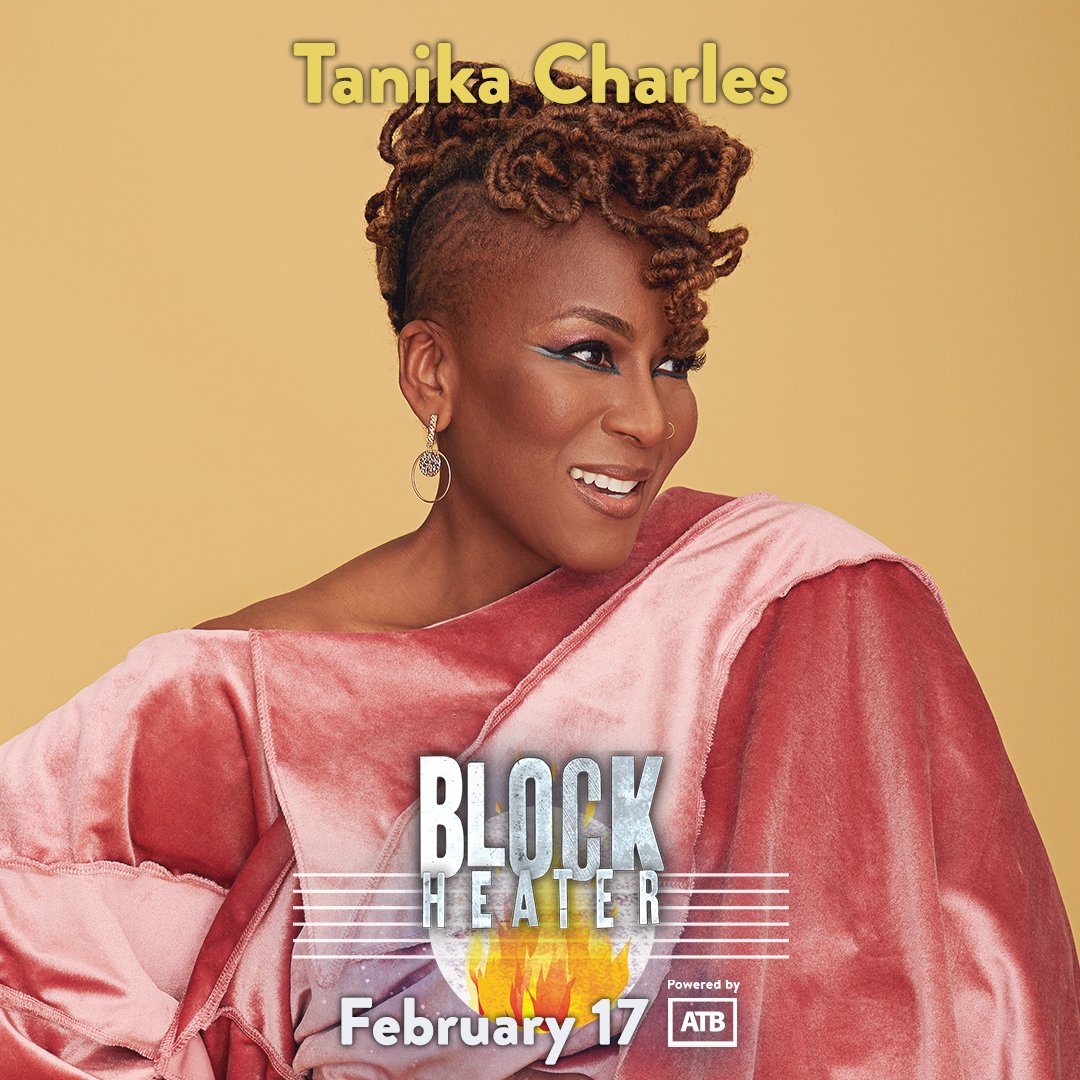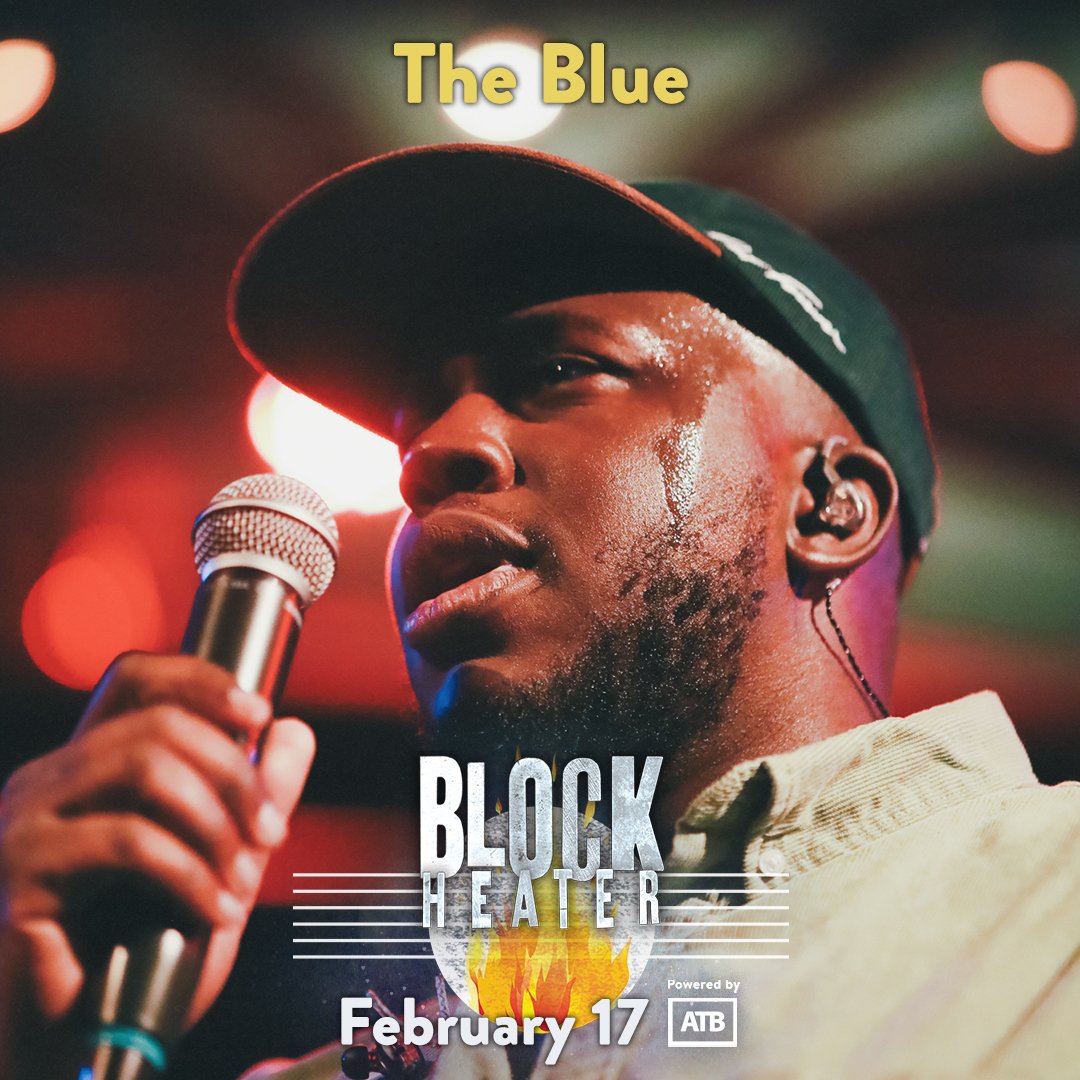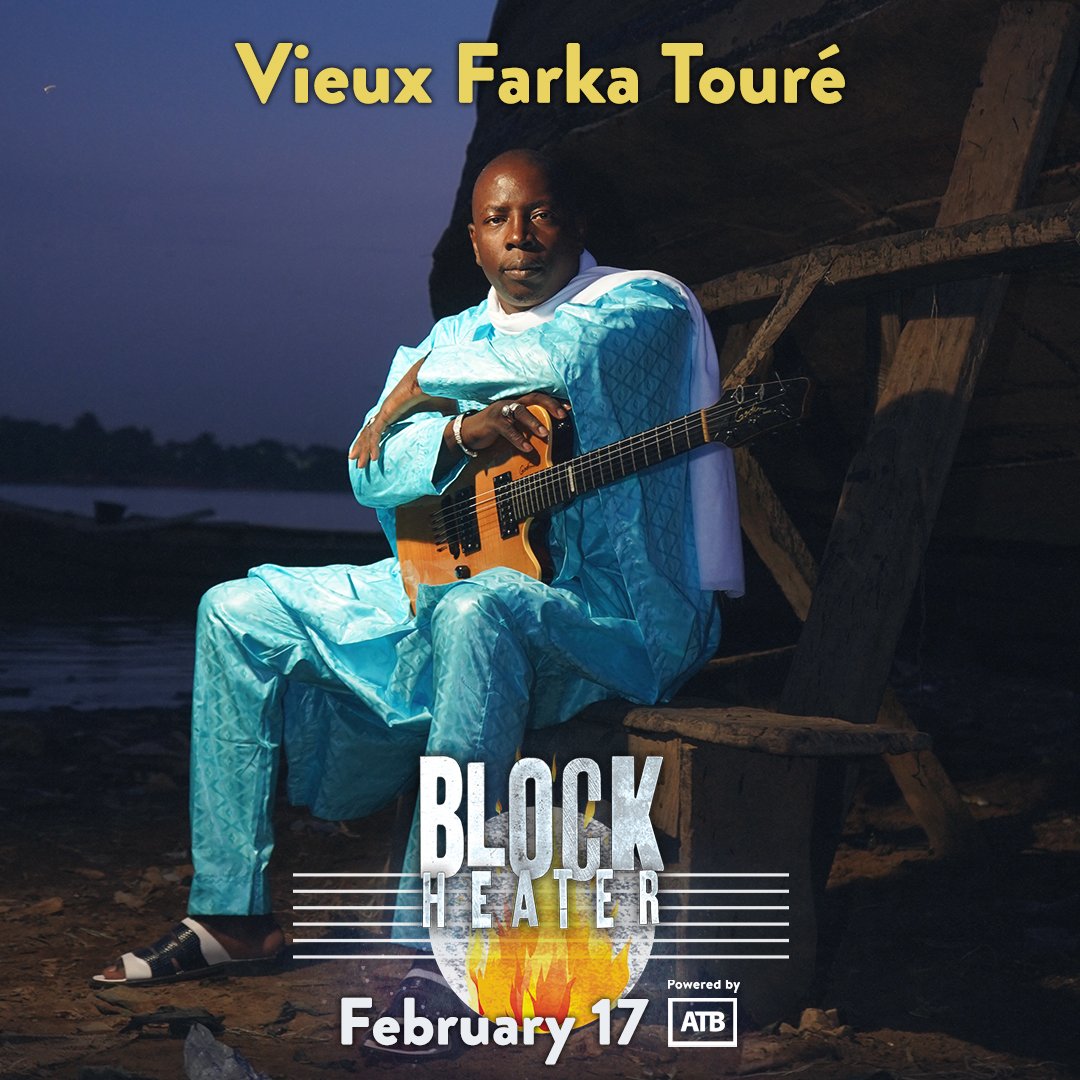A New Era of Afros in tha City
We are thrilled to welcome you to a new era of publishing for Black media at Afros in tha City. As we embark on this journey, we are committed to defining our futures and documenting our history from our own perspective. We believe that our voices are powerful and our stories are vital. Gone are the days of seeking validation from our oppressors, as we stand firm in the understanding that we are the change we wish to see.
Here at Afros in tha City, we are dedicated to embracing this evolution and aligning our actions with our commitment to perpetuating lasting change. Join us as we forge ahead, fearlessly shaping narratives, and amplifying the diverse experiences within our community. Your continued support and engagement are invaluable as we enter this new chapter.
Welcome to a new era of Afros in tha City, where we are unwaveringly dedicated to being the change forever.
The Rise of Kambili Ofili
A: Your journey as a director and actor in this film must have been quite transformative. What personal experiences or inspirations led you to tell this particular story?
Adulting, growing up, having children, lifeing with friends. Afros in tha City seems to delve into topics that resonate deeply with women's experiences.
A: Can you share how these themes emerged in the filmmaking process?
The whole process from writing (written by me, a woman) a script delving into experiences that I understood, to having women head of departments - the producer, line producer, head of costume, makeup & VFX, even majority of our backers were women to our main characters. It was a collaborative process so all the above mentioned, in different ways shaped the way the story was told.
A: The pressures of societal expectations can sometimes feel overwhelming. In what ways does your character navigate these pressures, and what message do you hope viewers take away from her journey?
I think viewers see the very real point we all get to where the choices we have, become very apparent and more so their consequences - to play to crowd and suffocate your soul depriving it of your truest desire or to potentially sacrifice/ abandon societal acceptance for internal alignment. I hope viewers feel seen in this way and validated that at least this, no matter how different the situations might be, this fork in the road comes for us all.
Relationships, both romantic and platonic, play a significant role in many women's lives. How does your film explore the dynamics of these relationships, and what insights do you hope it offers?
Shaping Us is about these beautiful, profound dynamics we share with the people we experience life with. Literally all takes place with this small group of close friends intentionally stuck together for a night for dinner and the unraveling that sometimes occur in close company
Self-discovery and empowerment are central themes in many narratives about women's experiences. Can you speak to how your character's journey embodies these themes?
The lead women have desires that are real to them so much so that they are in direct conflict with what society might expect from them. Ara wants a child at any cost, Zee wants her peace of mind that was lost with the birth of her children and Maks wants to flourish and thrive with or without a man in this chapter of her life and in the small space of time of one evening at dinner together, we watch them get to forks in the road to choose self or external ideas of self.
Mental health is often stigmatized but crucial for overall well-being. Does your film address the mental health challenges that women face, and if so, how?
It addresses postpartum depression which is one that creeps up quietly into a lot more dynamics post birth than is accounted for. I think a lot of couples who have had children will relate to parts of this silent mental shifter and recognize the very real complexities and changes it manifests for women
Representation in the media can be a powerful tool for social change. How does the film speak to the diaspora contributing to a broader conversation about women's issues and empowerment?
I think it speaks organically not trying to impose an idea, it gives a glimpse of real people’s lives, things anyone can go through no matter their societal classification . I think that’s the gift. To remember everyone’s humanity is real, valid and relevant. And for the diaspora to remember the different and wide variety of biased gazes should not have power of anyone’s ability to experience all facets of their life without playing to any crowd.
As a multifaceted creator, what do you hope audiences will take away from your film, both in terms of entertainment value and deeper reflections on the complexities of womanhood?
I want people to feel seen, that life is a beautiful struggle full of nuanced complexities that can be opportunities for growth, and depths to one’s character. I want them to feel their love and appreciation of that love for their tribe of friends that have become family, spouses and children.
In today's digital age, social media platforms play a significant role in shaping how young women perceive themselves and interact with the world.
What advice would you offer to younger women navigating social media spaces, particularly concerning safety, self-esteem, and maintaining authenticity in an online environment?
I’d say it helps to be uncompromising about curating the content on your feed. Be self aware of the feelings that come when you see content. When you feel any negativity from sadness, to envy to anything really mute, unfollow or block the account as appropriate. Even when it’s mild. And fill your feed with content that uplifts you, inspires your inner why to surface and thrive and brings you joy. It also helps to have a circle of people you trust and know well that you share with to hold you accountable when your own instincts get blurry.
QUICK AFRO PICKS - Exciting New Content Coming Your Way!
Get ready for a riveting lineup of new content as we introduce a fresh and immersive experience for our cherished readers. From thought-provoking articles to captivating videos, our new content promises to engage, inform, and entertain in equal measure.
Stay tuned as we roll out this exciting update, and prepare to embark on a journey of discovery with Afros in tha City.
Master T Returns to Calgary to “Pass the Mic” on February 27 for Black History Month
In honour of Black History Month, National Music Centre and former MuchMusic VJ Master T will host a special event reflecting on Black Canadian music as the mic is passed from one generation to the next on stage. From the '60s to the present day, explore the extraordinary legacy that has shaped generations in Canada. With special guest appearances by three-time Juno-Award winner, the empress of soul Liberty Silver; Juno-nominated Afro-R&B superstar Nonso Amadi; and Calgary's poet laureate Wakefield Brewster.
Block Heater 2024: Calgary’s Melodic Odyssey Unfolds with Senegal’s Cheikh Ibra Fam with his modern hip-hop, Afrobeat and dub sounds and more
In the quiet embrace of winter’s cold, where each breath crystallizes in the air, a symphony emerges waiting to pierce through the frozen stillness.
Enter Block Heater 9.0, fueled by the rhythmic currents of ATB, promising a melodic odyssey in the heart of Calgary from February 15 to 17, 2024. This chapter of the festival unfolds like a well-composed novel, introducing two protagonists set to weave a narrative through sound and rhythm: Senegal’s Cheikh Ibra Fam and the lyrical maestro, Odario.
The festival also promises to deliver trailblazers such as Dominique Fils-Aimes, KTheChosen, Tanika Charles and many more.
Let’s embark on this musical journey, where each note is a page turned, and every beat is a sentence written.
Close your eyes and step into the enchanting scene at Olympic Plaza on February 17 – a rendezvous with Cheikh Ibra Fam, once the guiding voice of Baobab’s orchestra. From the vibrant soul of Senegal, he brings forth the pulsating beats of modern hip-hop, the rhythmic cadence of Afrobeat, and the echoes of dub that resonate with the heartbeat of a continent. This is not just a performance; it’s a jubilant celebration, marking the festival’s 20th anniversary. Prepare to be whisked away to a realm where each note is a storyteller, and the air is filled with the cultural essence of Senegal.
But the auditory adventure doesn’t conclude there. Enter Odario, a wordsmith in the world of hip-hop, crafting lyrical architectures that meld socio-political narratives into the very fabric of the beats. His presence on stage is more than a mere musical act; it’s a magnetic force pulling you into stories that provoke thought, laughter, and rhythmic movement. The stage is now a canvas, awaiting the strokes of a performance that transcends the ordinary, inviting you into a symphony where words and rhythms dance in unison.
Beyond the focal acts, Block Heater 9.0 extends an invitation to a diverse ensemble of 27 artists, each bringing their unique melodies and tales from different corners of the globe. From the ethereal melodies of Jolene Marie to the foot-stomping Americana tales of The Devil Makes Three, the festival promises a musical journey as varied as the chapters of a novel.
As Block Heater radiates warmth through Calgary’s core, consider this not merely a festival but a canvas where you create your adventure. Hop between venues, let the diverse sounds paint your emotions, and dance under the winter stars as if no one is watching. Block Heater 2024 beckons – not just a weekend of music but a novel of discovery, joy, and dancing.
For the unfolding tale of schedules and tickets, explore Calgary Folk Fest’s official website. For a chance to win tickets to a variety of shows please visit our CONTESTS page.
From Pop Star to Oscar Nominee: Bobi Wine's Story Makes History at the Academy Awards
The currently vibrant and electrifying rhythms of African music have produced legends like Fela Kuti, King Sunny Ade, Ladysmith Black Mombazo, Angelique Kidjo, Burna Boy, and Bobi Wine amongst others. But a lot like Fela, Wine's impact transcends catchy tunes, venturing into the realm of socio-political activism, earning him not only the title "The People's President" but also a historic nomination at the 2024 Academy Awards. The nomination is the first Oscar nomination for Uganda.
Robert Kyagulanyi Ssentamu, or Bobi Wine as he's fondly known, is a Ugandan singer, politician, and actor. A former Member of Parliament and 2021 presidential candidate, he leads the National Unity Platform, Uganda's opposition party. His unwavering fight for freedom and democracy recently took center stage with his documentary, "Bobi Wine: The People's President," securing a groundbreaking nomination for Best Documentary Feature at the Oscars.
This momentous occasion, however, was marked by an unsettling reality. As news of the nomination spread, Wine found himself in hiding, evading police after calling for protests against Uganda's poor road conditions. This wasn't a new chapter in his story; the documentary meticulously documents his relentless persecution, including arrests, detentions, and harassment for his opposition to the long-standing Yoweri Museveni government.
Since 1986, Museveni's regime has held elections, but their legitimacy remains under constant scrutiny. Wine's fight for fair elections and better living conditions for Ugandans directly challenges Museveni's hold on power. The documentary, now nominated for an Oscar, serves as a powerful exposé, showcasing the state's tactics of employing police and military brutality against peaceful protesters.
Despite the immense challenges, Wine's spirit remains unyielding. More than just a musician who electrifies audiences, he is a beacon of hope for many Ugandans. He embodies strength, resilience, and an unwavering commitment to justice. His personal sacrifices are stark: sending his children to America for safety and enduring the constant threat to his own and his loved ones' well-being.
Yet, Wine's voice never falters. He continues to inspire through his music and activism, finding solace in his role as "The People's President," a title bestowed upon him by the Ugandan people themselves.
Here’s a link to watch the Documentary:
Bobi Wine: The People's President (Full Episode) | Nat Geo Documentary
Peter Jev
“Some days, I just want to sing the blues.”
Some days, I just want to sing the blues. Not just because powerhouse blues singers Shemekia Copeland and Dawn Tyler Watson are coming to perform here in the Jack Singer Concert Hall at Arts Commons on February 9. Well, because of them, but they make me want to sing the happy blues. Right now, they are the remedy to my current malaise.
What malaise you say? Well, as I encounter another Black History Month, I feel like we've gone backwards in terms of most R&B, pop, hip hop etc. And here it comes, nostalgia for the ‘90s and early aughts. I remember when Lauren Hill and India Arie felt free to loc their hair while Ciara whipped her blond back and forth. Black women could be any and everything. But now, it seems like the focus is narrowing. It feels like, whenever I start to admire some exciting new talent with a fresh unforced look, something happens. My new faves transform, like a bad magician trick, into the same Beyonce-Riri-Cardi-Minaj-Meg barely dressed Glamazons, spitting very similar explicit lyrics. And yeah, I know, Beyoncé has her deep moments. Yet it feels like the look and vibe and power have turned even her dreadlocked proteges into leather-corseted "boss bitches." Which can get a little one-note after a while.
They call it empowerment, but I am not so sure. And it's not just the wardrobe. It's the meaning. The blues remind us of what we've overcome as Black people. Music right now seems to be focused on what we can get.
Copeland and Watson, pioneering blues artists, give zero hoots about the faux empowerment fame cycle. Instead, the artists have the enduring, resilient stories of Africans in America imprinted on their voices, rhythms and songs. Both are powerhouse, award-winning performers who proudly carry the torch of the blues musical tradition - to which country music, rock n roll, R&B, soul music and even hip hop owe a debt.
Winner of a wildly large number of awards (over 70), Shemekia Copeland has a quiet, contemplative energy that complements her dynamic onstage persona and vocal immensity. In joyously defiant songs like "Will You Take My Blood?" the blues virtuoso challenges racial prejudice - in the honest, raw and direct way that only the blues can. She has been nominated for several Grammy awards, including a nod for an album that powerfully addresses school shootings.
The depth of her songs is reflective of the multi-award winner's introspection, thoughtfulness and passion for change. That thoughtfulness took on a whole new dimension when she became a mom. "I wanted to, in some small way, make the world a better place. Reminding people we are all the same. That might sound silly, very 'Mother Theresa'", she jokes self-effacingly, "but that's why I did 'Will You Take My Blood?'"
Along the same impassioned lines, Juno Award winner Dawn Tyler Watson takes us on journeys of love and life, loss and gratitude with her work. The hits on her Juno Award-winning album "Mad Love" can be at once brooding and playful, mournful and galvanizing. Like Copeland, 1 Watson has an electric stage presence. It's one that transcends the rottenness in music right now. Her emotional commitment plays out in front of your very eyes. No high-tech special effects are needed.
Copeland and Watson redefine Diva-hood as it's played out in the hip-hop-infused music realm of say, R&B or pop. Don't get it twisted, it's not that both these singers want glamour and overall fabulousness. They both manage to exude beauty and dynamism while holding a space for the roots of the blues - the "field hollers" on plantations, the gospel songs in the black church, and the chain gang songs of black men disproportionately imprisoned under Jim Crow. But rather than being mere traditionalists, both ladies have managed to innovate within the form. It's as if they hold the past, present and future in their powerful, resonant lungs.
Their work takes the form of a calling, rather than a career. Watson was born in Britain and raised in London, Ontario - as about as far away from the Mississippi Delta as a person can get. While musical, her childhood was spent within the sedate strains of a Catholic church choir. As a teenager, Watson found herself on a tumultuous path. "I partied a lot. A lot. Dangerously a lot. It was a friend who saw the path I was on and got me to join her in Montreal and audition for the Concordia Music Program."
After she graduated, the singer experimented with various genres of rock, pop and soul. Destiny set in during one fateful concert performance when her rendition of a blues song took the audience by storm. Their response was like nothing she'd ever seen before. She'd found her groove. The blues, Watson claims, "chose me".
Speaking of being born with it, it might seem that blues music was engraved upon Shemekiya Copeland's soul. She is the daughter of blues legend Johnny Copeland. Like Watson, however, her embrace of the genre was not inevitable or even expected. Shemekia was asked to sing onstage at the tender age of ten at, of all places, the legendary Cotton Club in Harlem, where she grew up. The Club's mythos didn't phase her.
"I didn't like it. Why am I here with all these old people is what I thought." The singer laughs at the term "old". "In reality, they were all ten years younger than I am now. But I was ten." As Copeland grew into her own, her stirring vocals could have landed her in the hype and hoopla of mainstream soul/R&B/pop/rock. But by the time Shemekia was in her twenties, she knew she wasn't about to conform.
The singer states,
"It takes all kinds of music to make the world go round. But I don't have a need to perform like anyone else but me. My mom always told me, 'Know who you are. Stand in your truth.' For me, I feel wonderful. I feel so good, knowing my value, knowing my worth. And moving forward from there. There's a difference between popularity and legendary." -Shemekiya Copeland
Ain’t that the truth.
With the sound of a million mics dropping, I hope this Black History Month finds everyone focusing on the legendary, the enduring, and their own true worth.
Feel free to get dressed.
Melanee Murray-Hunt
